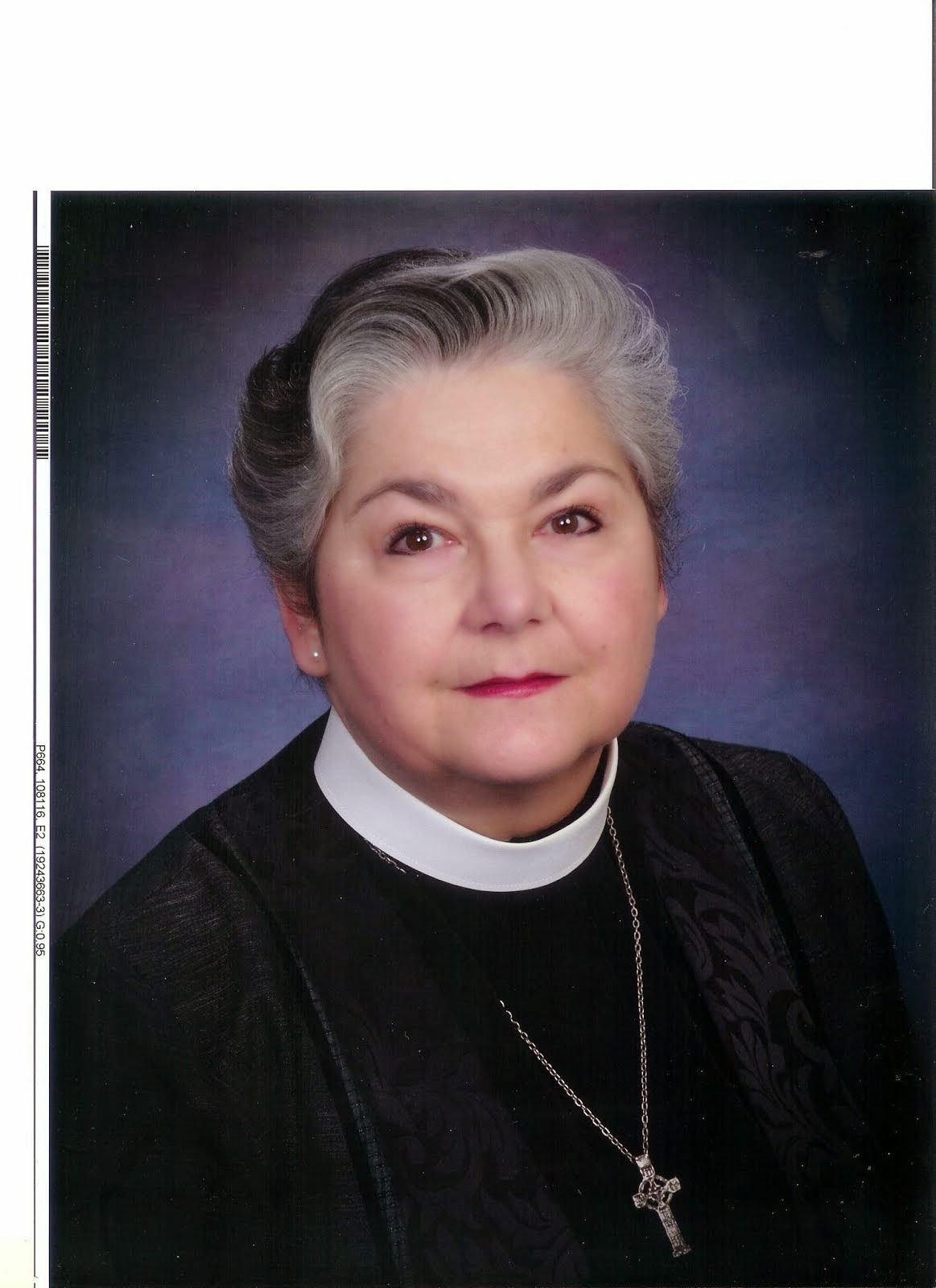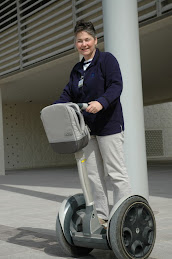In recent weeks, we’ve spent our
Adult Forum time pondering the problem of evil and suffering in the world, and
how a good and all-powerful God allows bad things to happen. We’ve wended our
way through the Bible, which has different viewpoints depending whether you’re
reading Job or the Psalms or the New Testament, we’ve heard about the views of
ancient theologians like St Augustine and Irenaeus, modern ones like Karl Barth,
James Cone and Rosemary Ruether, and most recently we’ve looked at a group of
theologians who say that we’re asking the wrong question. They say that we
cannot know the will of God, so all that matters is how we respond to
suffering.
All we can do is recognize when something isn’t right, and do what we can to change it.
This idea of “you’re asking the wrong question” has great potency as we listen to today’s Gospel, and hear the story of Mary bathing Jesus’ feet with very pricey scented oil. A pound of that oil, nard, was worth an average person’s wages for a full year.
This got the attention of Judas. Judas was a practical man, and because he was a practical man who stayed on top of the details, he had been given the task of keeping track of the money that the little band of Jesus and his disciples shared. Of course, he skimmed a little of that money off the top – this was the way people with responsibilities like this made money, even if it wasn’t the way Jesus taught people. Judas thought to himself, “That oil cost a lot of money – 300 denarii at least – and I could have had a little of it, if she had just donated it to Jesus’ cause rather than wasting it in that extravagant gesture.
So he threw a little hissy fit and complained. He asked a question. “Why did she waste the money on this nard?”
A question. But, in Jesus’ mind, the wrong question.
It was an utterly extravagant gesture, that oil, poured on Jesus’ feet. And then Mary wiped the excess off, not with a towel, but with her hair. Her hair! Talk about extravagance on top of extravagance! A more practical, pragmatic person would look at that and say precisely what Judas implied: “What a waste!”
But Jesus saw it differently. That oil, the gentle caress of Mary’s hair? Of course it was extravagant.
But it was also a needful thing: a preliminary anointing of his body for the grave. He knew that although Mary might not realize it, she was preparing his earthly body for what was to come. Not an extravagance, but a necessity. Dead bodies were prepared in those days before embalming by washing, anointing, and packing them in fragrant herbs and spices. Otherwise, even in the short time between death and burial, the odors of decomposition would be troublesome. And so this first step of preparing his body made sense to Jesus, even if it didn’t to Judas.
Extravagance might not necessarily be a bad thing…
But it requires us to shift our minds from one question to another. The first question - why not save the money for a more appropriate use? – is tied to the kind of consumer economy that values things in terms of commerce, where things gain value by being hoarded. The alternate question – how can we give it away in a way that multiplies its value with love? – is tied to a different kind of economy, a gift economy, where things gain value by being circulated and shared.
This notion of a gift economy is the thesis of a philosopher named Lewis Hyde, who talked about how we have been seduced by the model of the market economy. In a market economy, one can hoard one's goods without losing wealth. Indeed, wealth is increased by hoarding--- although we generally call it 'saving'. In contrast, in a gift economy, wealth is decreased by hoarding, for it is the circulation of the gift within the community that leads to increase--- increase in connections, increase in relationship strength.
Now, I know that this feels counterintuitive. We are daily bombarded by advertisements saying that we need to gather resources in, not give them away. But this is precisely what Jesus was thinking about when he chastised Judas for his comment about Mary’s oil. It was the alternate question – how do we multiply the value of something by giving it away? How do we give extravagantly, so that the value of what we give is multiplied by the relationships it sparks, by the love that is shared?
If we think about the moments that have felt most precious and full of love in our lives, I suspect they are marked by some sort of extravagant giving.
I’m not talking about extravagance in terms of dollars and cents, although sometimes it means that. I’m thinking of the person who donated a kidney to a perfect stranger. There’s a web site called Matching Donors and people who need a kidney transplant can post on it, describing themselves and their situation in the hope that someone will respond positively. Remarkably, people have received this gift of life from people whom they do not know. That’s an extravagant gift.
A woman I know has ALS – Lou Gehrig’s disease. She is in her forties and has school-age children. She is writing letters to them, for their father to give them on their birthdays each year, because she will not be there to share those birthdays.
Sometimes, it is something seemingly small, a widow’s mite, if you will, that is the extravagant gift. At a time when my life was in flux, and I didn’t know what would come next, my daughter wrote me a long letter telling me how my support and encouragement had kept her going through her own challenges. In the world’s economy, the letter was valueless. To me, in my gift economy if you will, it was priceless.
Gift economy is about grace and the things that build relationships. The letter was infinitely valuable because it told me about the nature of our relationship as mother and daughter in ways I might not have otherwise realized. My friend’s letters to her children maintain a relationship that will extend beyond her passing. The kidney from a stranger is not merely about extending someone’s life, it is about giving them the ability to live into existing and new relationships. And here’s the thing: it pays back the giver in remarkable ways.
One man who donated a kidney to a stranger wrote, “Since my kidney donation, I feel richer than Donald Trump and Bill Gates combined!” He felt blessed that he would be able to help another person live.
My friend with ALS said, “I’m so grateful that the kids will remember me through these letters. It is a little bit easier to let them go if I know I’ll still connect with them.”
And that letter from my daughter? It helped me through a tough time, and it is always in my memory when she needs some kind of help or emotional support from me.
Extravagant generosity, that mark of the gift economy, multiplies, it doesn’t divide.
And it shouldn’t surprise us that Jesus prefers it to Judas’ snide remark about the cost of that sweetly scented oil. After all, it is his extravagant generosity, his willingness to give rather than to hoard, that will be remembered when we read the story of his passion and death next week, when he gives his very life for our benefit.
His very life. It was worth more than a flask of nard, wouldn’t you say? That same life that Judas, wedded to the commercial economy, sold for a mere thirty pieces of silver.
So what do you say is the right question? Why did she waste the money on a flask of scented oil? Or How can we give everything, even our lives, so that our generosity will multiply joy and faith and grace?
Amen.








No comments:
Post a Comment